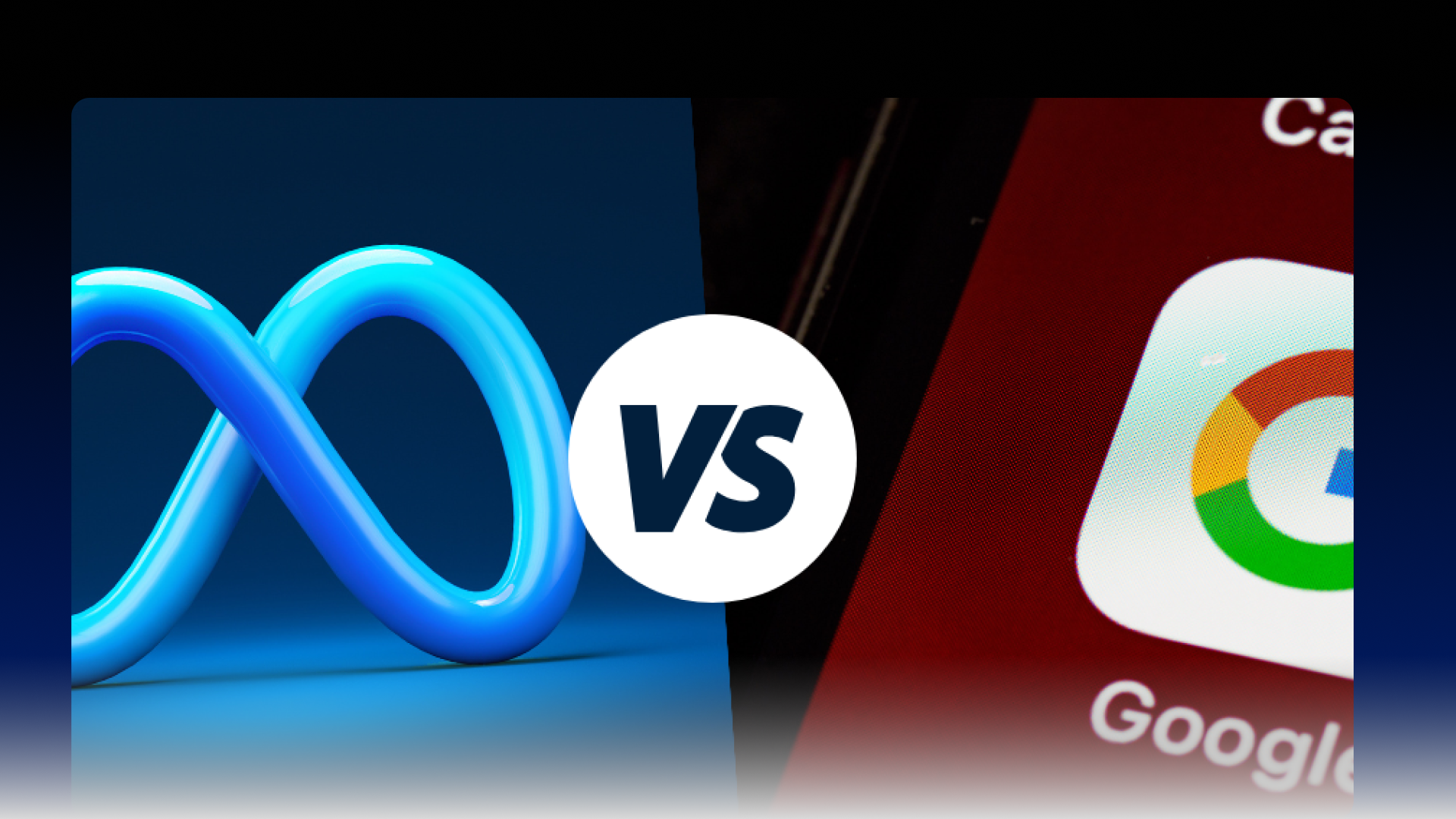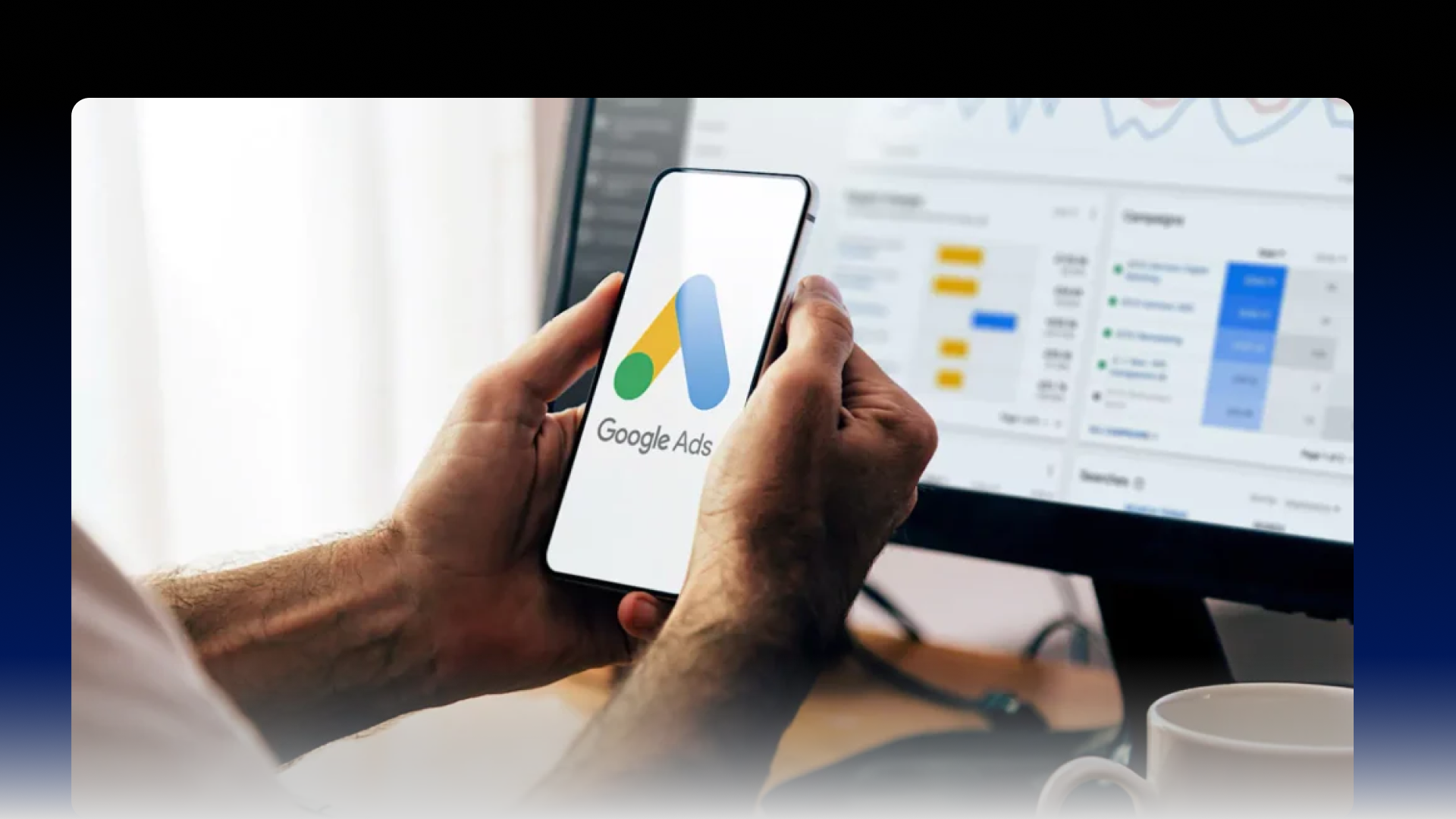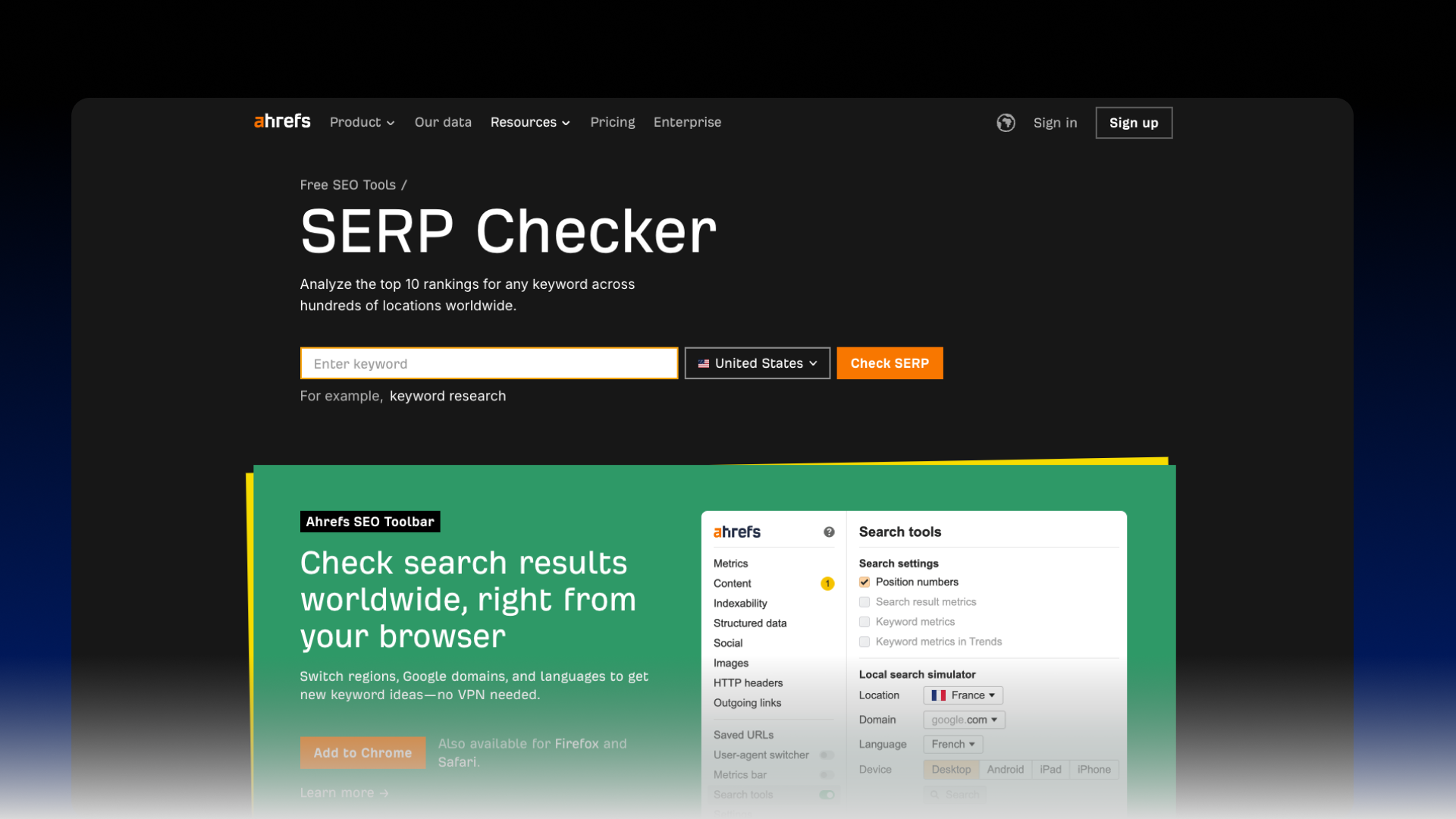What Is Page Rank?
The fundamentals of Page Rank, its impact on web search, and why it remains crucial for SEO. How Page Rank evaluates web page importance and enhances your online presence.

What Is Page Rank?
Imagine you’re in a gigantic library, and you’re looking for the best book on baking sourdough bread. Hundreds of bookshelves, thousands of titles, and only a vague idea of what you’re searching for. Overwhelming, right? This is pretty much the scenario search engines face when crawling through billions of web pages to find the best match for your query. Enter PageRank – a concept that revolutionized how search engines, particularly Google, rank web pages.
The Genesis of PageRank
Let’s rewind to the mid-1990s. The internet was exploding with information, and search engines were struggling to keep up. Larry Page and Sergey Brin, two PhD students at Stanford University, were grappling with this very problem. They were curious about how academic papers were cited and realized that the most valuable papers were often the most cited ones. They thought, “Why not apply this concept to the web?”
Thus, PageRank was born. Named after Larry Page (and a clever nod to its function of ranking web pages), PageRank was designed to evaluate the importance of web pages based on the number and quality of links pointing to them.
How Page Rank Works
Think of PageRank as a democratic voting system for web pages. In this system, a link from one page to another is like casting a vote. However, not all votes are equal. A vote (link) from a highly reputable site (like an academic journal or a well-regarded news outlet) carries more weight than a vote from a lesser-known blog. This principle ensures that quality prevails over quantity.
To break it down simply:
1. Inbound Links (Backlinks): Each link to a page is seen as a vote of confidence.
2. Link Quality: Links from authoritative sites have more value.
3. Outbound Links: The value of a link from a page is divided among the links on that page.
The Page Rank Algorithm
Without getting too deep into the math, here’s a simplified view of the algorithm:
• Every page starts with an equal amount of rank.
• When a page links to another page, it passes on a fraction of its own rank.
• The rank passed on is divided among all the links on the page.
• This process is repeated over multiple iterations to refine the ranks.
The formula looks something like this:
PR(A) = (1 - d) + d (PR(T1)/C(T1) + PR(T2)/C(T2) + … + PR(Tn)/C(Tn))
Where:
• PR(A) is the PageRank of page A.
• d is a damping factor, usually set at 0.85, which accounts for the probability of a random surfer continuing to click on links.
• PR(T1)…PR(Tn) are the PageRanks of pages linking to page A.
• C(T1)…C(Tn) are the number of outbound links on pages T1 to Tn.
This iterative process ensures that the importance of each page is determined by the quality and quantity of links pointing to it.
The Evolution of Page Rank
PageRank was revolutionary, but the internet has evolved significantly since its inception. Early on, webmasters realized they could manipulate rankings by creating link farms – networks of websites linking to each other to inflate their PageRank artificially. To combat this, Google introduced several updates and new ranking factors.
Today, while PageRank is still a foundational concept, it is just one of over 200 ranking signals used by Google. Factors like content quality, mobile-friendliness, user experience, and load speed also play critical roles in determining a page’s rank.
Practical Implications of Page Rank
So, what does this mean for website owners and digital marketers? Here are a few takeaways:
1. Quality Over Quantity: Focus on earning high-quality backlinks from reputable sites. One link from a well-respected site is worth more than dozens of links from low-quality sites.
2. Content is King: Create valuable, shareable content that naturally attracts backlinks. Informative articles, compelling infographics, and insightful blog posts are more likely to be linked to.
3. Build Relationships: Engage with influencers and thought leaders in your industry. Genuine relationships can lead to natural backlinks.
4. Avoid Manipulation: Google’s algorithms are sophisticated. Attempts to manipulate rankings through unethical practices like link farming or buying links can lead to penalties.
The Human Side of Page Rank
Page Rank’s true brilliance lies in its simplicity and effectiveness. It mimics human behavior – valuing recommendations from trusted sources more than random endorsements. This human-like approach to ranking web pages made the internet more navigable and information more accessible.
Imagine asking a friend for a book recommendation. You’d probably value the opinion of a voracious reader with a history of good suggestions more than that of a casual reader. PageRank applies this logic to the web, ensuring that the most reputable and trustworthy sources rise to the top.
In the end, PageRank is a testament to the importance of credibility and trust in the digital age. It’s a reminder that, despite the complex algorithms and vast data, the core principles of search are deeply human – seeking quality, reliability, and relevance.
Conclusion
Page Rank was a groundbreaking innovation that fundamentally changed how we navigate the web. It introduced a systematic way to measure the importance of web pages, making the internet a more structured and user-friendly place. While it’s just one piece of the puzzle today, its impact on the evolution of search engines is undeniable.
As the digital landscape continues to evolve, the principles behind PageRank remain relevant. Quality content, reputable sources, and genuine relationships are the cornerstones of a successful online presence. By understanding and applying these principles, businesses and individuals can continue to thrive in an ever-changing digital world.
More to read




